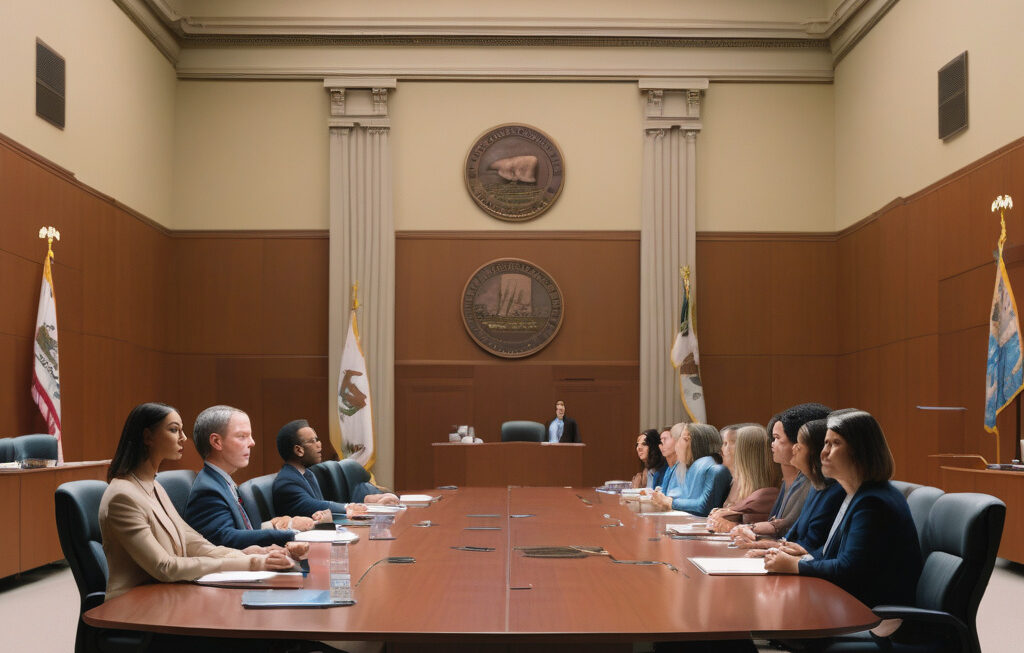Meta Accused of Using Pirated Books for AI
Prominent authors have recently taken a stand against social media giant Meta, accusing the company of engaging in copyright violations by allegedly using pirated books for their artificial intelligence (AI) projects. This controversy has sparked a heated debate within the literary and tech communities, raising important questions about intellectual property rights in the digital age.
The lawsuit, filed by a group of well-known authors, claims that Meta has been unlawfully using copyrighted material to train their AI algorithms without obtaining the necessary permissions or compensating the creators. This practice not only undermines the hard work and creativity of writers but also sets a dangerous precedent for the future of content creation and distribution.
While Meta has not publicly commented on the specifics of the allegations, the case has shed light on the complex ethical and legal issues surrounding the use of copyrighted material in AI development. As artificial intelligence technologies continue to advance rapidly, companies are increasingly relying on vast amounts of data to train their algorithms, raising concerns about the origins and ownership of the information being used.
This case also highlights the challenges of balancing innovation and creativity with respect for intellectual property rights. As AI becomes more integrated into our daily lives, it is crucial for companies to prioritize ethical practices and ensure that they are not infringing on the rights of content creators. By upholding copyright laws and seeking proper authorization for the use of copyrighted material, businesses can foster a more sustainable and equitable digital ecosystem.
In response to the lawsuit, many in the literary community have voiced their support for the authors taking a stand against Meta’s alleged copyright violations. Protecting intellectual property rights is essential for fostering a culture of innovation and ensuring that creators are fairly compensated for their work. By holding companies accountable for unauthorized use of copyrighted material, authors are sending a powerful message about the importance of respecting creative content in the digital age.
Moving forward, this case serves as a reminder of the critical role that copyright protection plays in safeguarding the rights of creators and promoting a thriving creative economy. As technology continues to advance, it is essential for companies like Meta to uphold ethical standards and comply with copyright laws to avoid legal disputes and reputational damage. By respecting intellectual property rights and working collaboratively with content creators, businesses can harness the power of AI in a responsible and sustainable manner.
In conclusion, the lawsuit against Meta for allegedly using pirated books for AI development underscores the importance of upholding copyright laws and respecting the rights of content creators. By addressing the ethical implications of AI technology and prioritizing transparency and accountability in their practices, companies can build trust with both creators and consumers. As the digital landscape continues to evolve, it is crucial for businesses to embrace responsible innovation and ensure that intellectual property rights are upheld for the benefit of all stakeholders.
#Meta, #AI, #CopyrightViolations, #ContentCreators, #EthicalPractices











